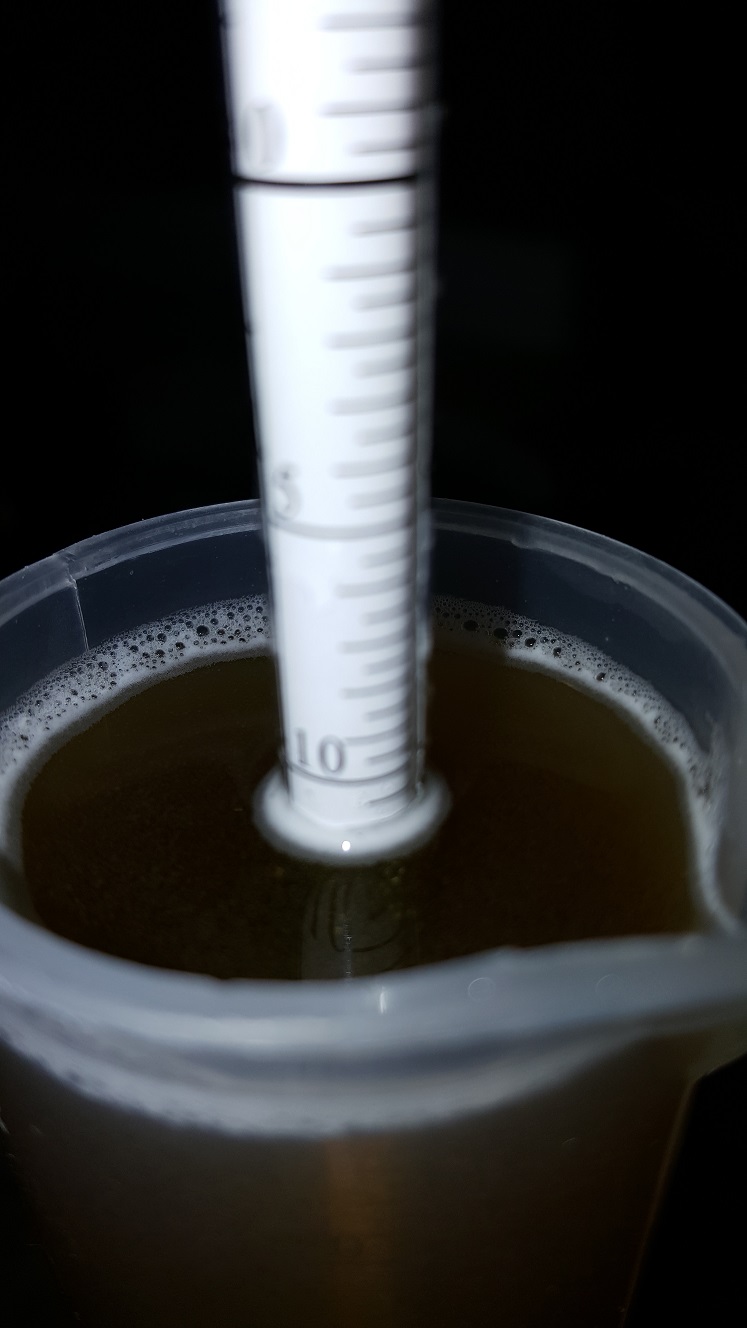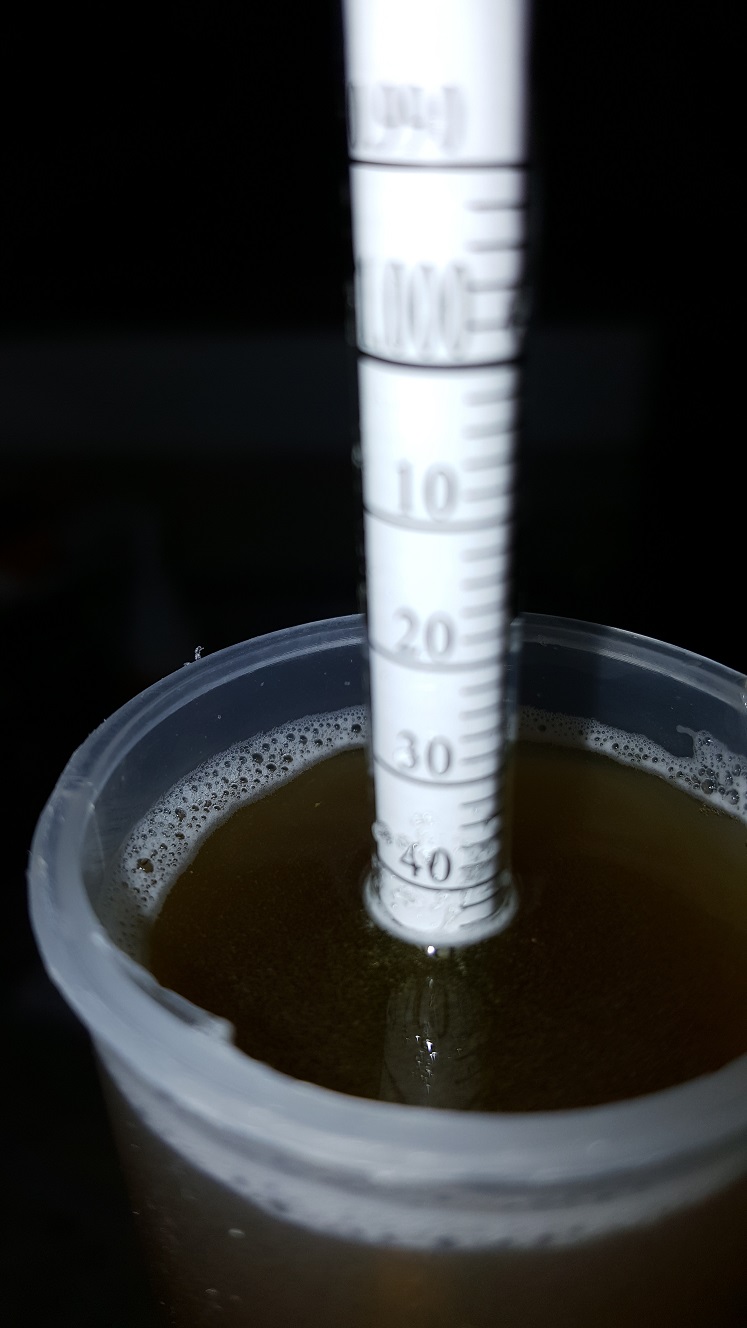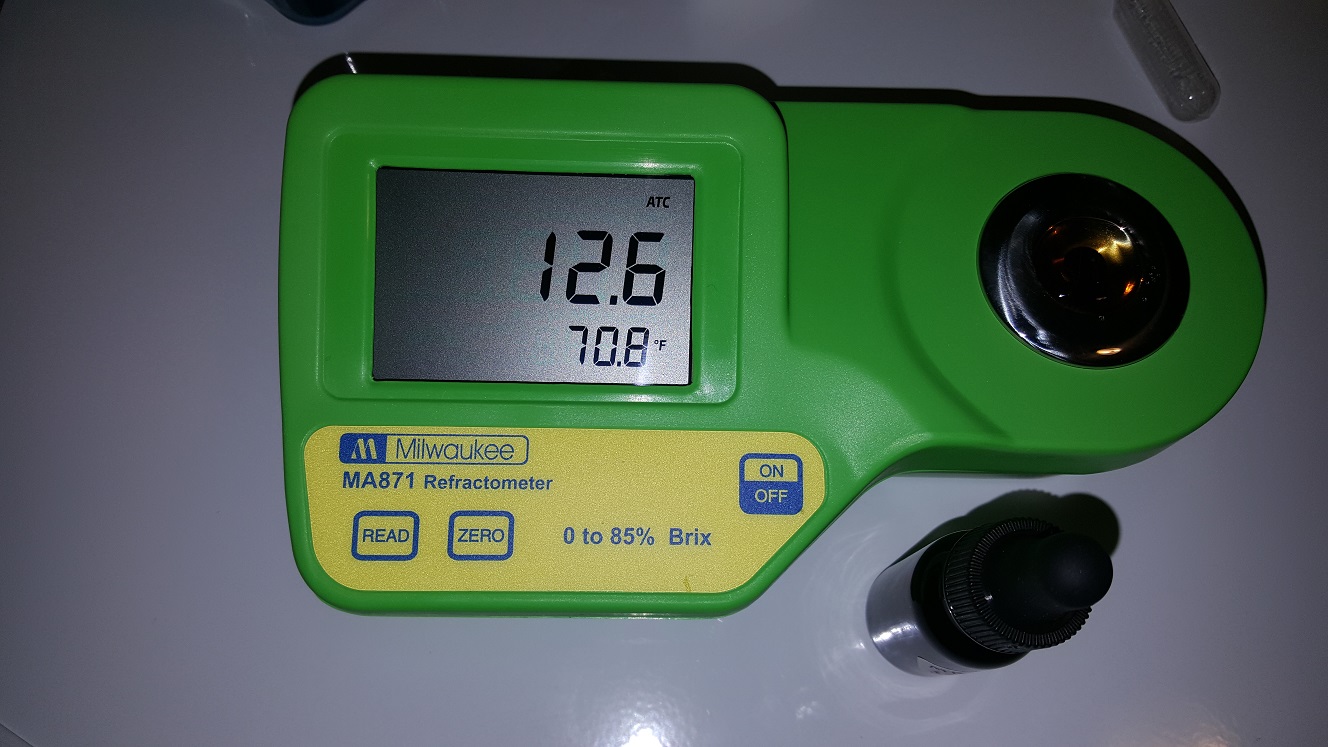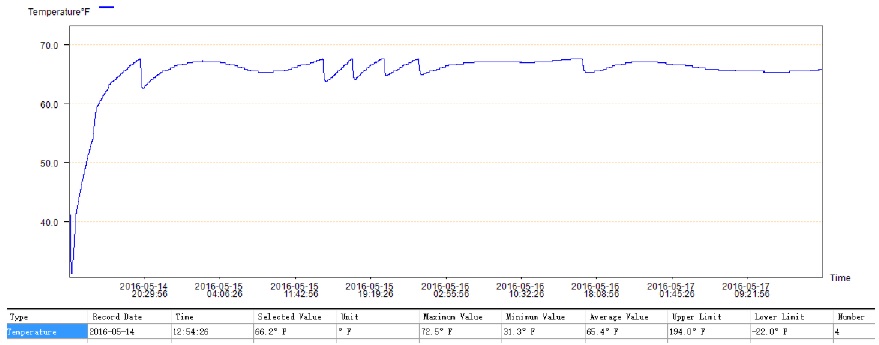Altrez
Well-Known Member
I have the inexpensive one that's the third link you posted. I brew mostly small batches, 2-3 gallons, with a very occasional 5 gallon batch. I enjoy using this small distiller and it reduces my well water to an excellent base for brewing. The crap left behind is... astonishing.
I keep a 5 gallon water cooler jug and numerous 1 gallon plastic jugs around, and I usually will run the distiller til they're all full. I use the water for brewing, but also in the room humidifier that I keep with my guitars.
I think others will tell you it's inconvenient, but at the scale I brew, I am happy with the simplicity of this product. No hookups, no filters, just a coffee machine-like gadget that gives me a gallon at a time.
Hello McKnuckle,
Thank you for the post. I have been reading reviews about the unit you have. Did you notice a strong plastic smell / taste when you first started using it?
Do you think it will last awhile or does it seem cheaply made?
Thanks!
-Altrez








